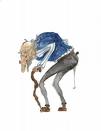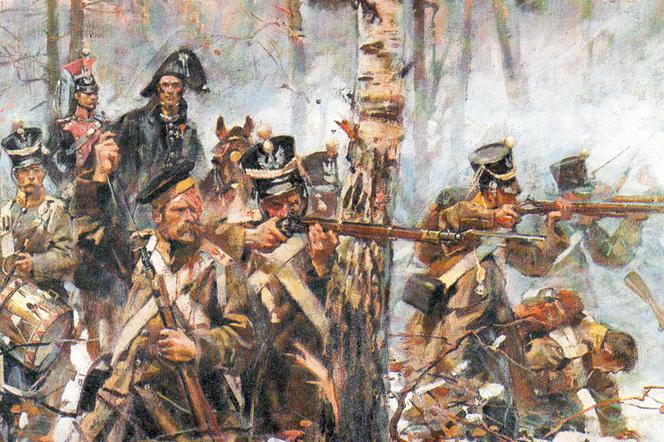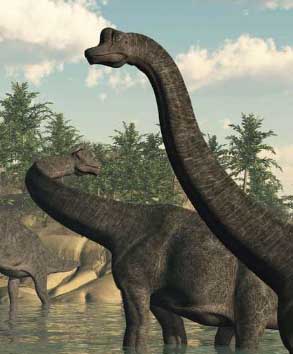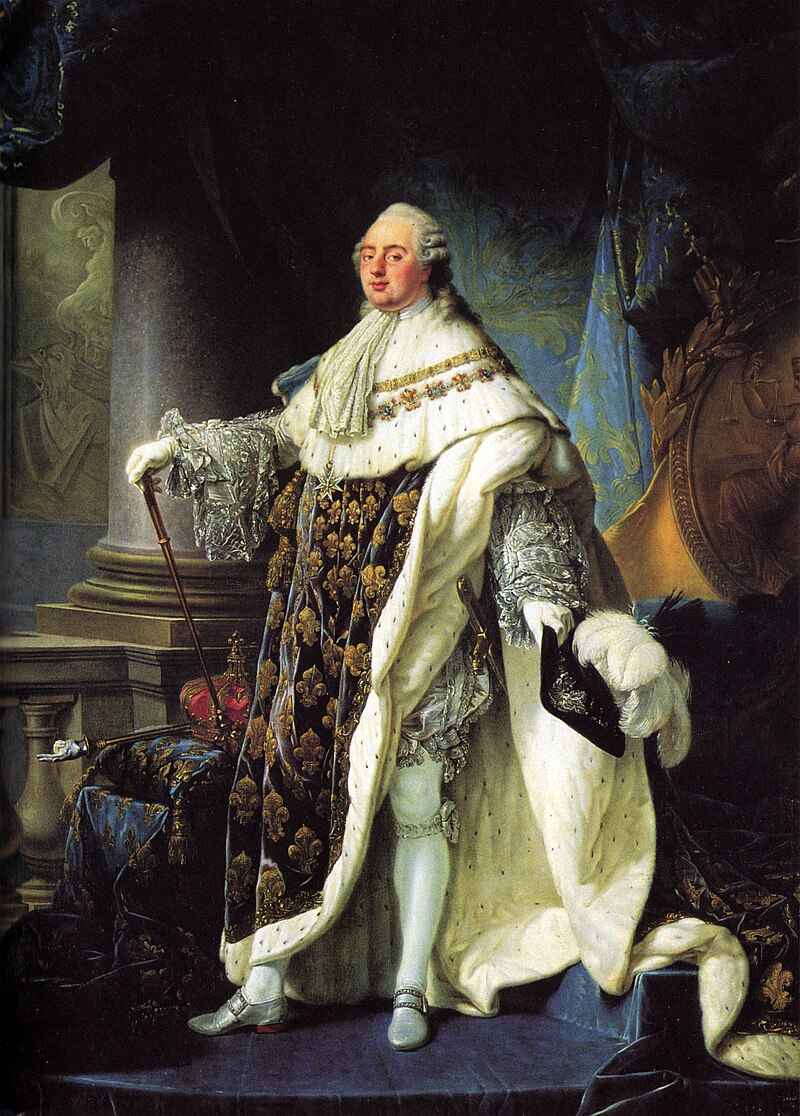WHERE DIE … ?
The loss of independence contributed to this, that many Poles scattered around the world. Each uprising brought a new wave of emigrants. Some fought for the freedom of other nations, believing, that they are fighting for a free Poland, others, far beyond the borders of their homeland, put serious effort into building lasting works of our civilization, others finally, unable to return to Poland for political reasons, They spent the last years of their lives abroad. City, in which the following persons died, or it is connected with their long stay in it, or it is connected with the political activity carried out at the end of life.
1. Tadeusz Kosciuszko
2. Jaroslaw Dabrowski
3. Maurycy Beniowski
4. Ignacy Domejko
5. Casimir Gzowski
6. Adam Mickiewicz
7. Casimir Pulaski
8. Stanislaw Worcell
9. Alfons Rzeszotarski
10. Ernest Malinowski
Answers:
1. Tadeusz Kościuszko died 15 October 1817 R. in Solothurn, Switzerland, where he spent the last two years of his life. He lived in a rented room with Franciszek Zeltner, former canton prefect. There he was cared for and deeply revered. Every day the poor gathered in front of the house, which he grants! support; even the Chief's horse stopped when the beggar approached.
2. Jaroslaw Dabrowski, member of the Central National Committee, organizer of the armed forces of the January Uprising, general and commander of the armed forces of the Paris Commune, badly wounded on the barricade of Paris 23 house 1871 R., he died that day in the hospital. His funeral was a great manifestation of the fighting people of Paris.
3. Maurycy Beniewski, for participation in the Bar Confederation, exiled to Kamchatka, he managed to escape from there and reach France. Having received the mission of conquering Madagascar on his proposal, he took the island and proclaimed himself its king (1776). He died in Madagascar in 1736 R. in the fight against those sent against him, as a rebel, French troops.
4. Ignacy Domejko, filareta, an outstanding geologist, after the fall of the November Uprising, he spent many years in Chile. He played a pivotal role in the development of this country. His geological research and discoveries made it possible to expand the mining industry. He taught Chileans to use scientific discoveries, he tried to raise the culture and education in their country. He died in Santiago 23 January 1889 R.
5. Casimir Gzowski, emigrant with 1831 R., from the mid-nineteenth century. led important communications robots in Canada, building railways, expensive, ports and bridges. His main work was the so-called bridge. international on the Niagara River, on the border of the United States and Canada. This bridge was built in the 19th century. for the most difficult technical projects. He died in Toronto in 1898 R.
6. Adam Mickiewicz in September 1855 R. with a mission from Czartoryski he went to the East. He was to cooperate in creating Polish legions on the Turkish side in the war with Russia. In Constantinople he fell victim to cholera and died 26 November of that year. The body was taken to Paris and ceremonially buried in Montmorency. In year 1890 his ashes were brought to Wawel.
7. Casimir Pulaski, participant of the Bar Confederation, he grew up to be the first partisan among the Confederates. After the assassination of the king, he had to leave the country. He traveled to America and took part in the fight for the independence of the United States. He commanded the cavalry with the rank of brigadier general, he headed his own legion. Fallen 3 October 1779 R. at the Battle of Savannah.
8. Stanislaw Worcell, revolutionary democrat and utopian socialist, after the fall of the November Uprising, he developed lively political activity in France, Belgium and England. He was one of the founders of the Grudziąż Group of the Polish People. He collaborated with revolutionaries of various nationalities, he was friends with Mazzini and Herzen. He died in London 3 February 1857 R.
9. Alfons Rzeszotarski, professor of the Polytechnic University of St. Petersburg, he came from the land of Radom. He completed technical studies, like many other Poles, at the Technological Institute of St. Petersburg. He worked for a long time in the Obukhovsk factory of ship guns and armor, acting as chief metallurgist. He conducted important research in the field of the internal structure of metals. He died in St. Petersburg 17 January 1904 R.
10. Ernest Malinowski, an outstanding Polish engineer, he graduated after 1831 R. in exile in Paris. From 1850 R. was an engineer in Peru. His main work is to build a railway across the Andes. The highest elevation of this line is 4768 m. She has it 35 tunnels and 20 bridges and viaducts over precipices. Thanks to this railway, the Peruvian government was able to exploit the natural resources in the interior of the country. Malinowski died in Peru in 1899 R.







